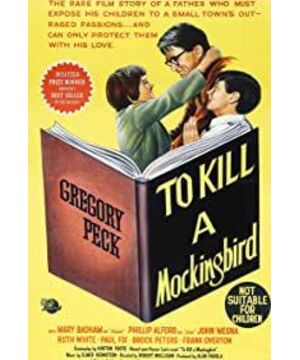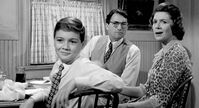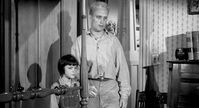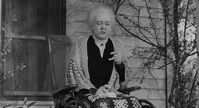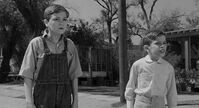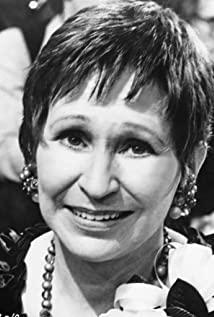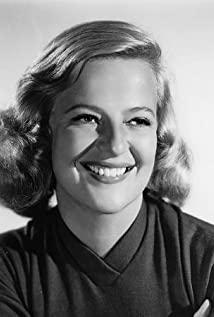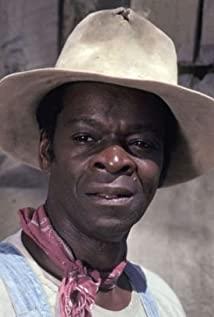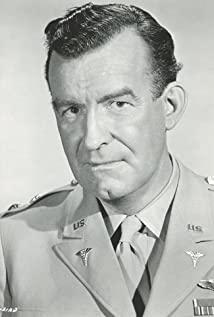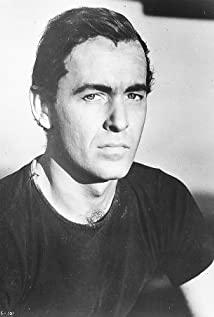In my opinion, the deaths of these two men have something to do with the killing of Robin. Robin died innocently because of his father's shooting practice. Correspondingly, in order to integrate the notion of equality between whites and blacks, the two who died were both victims. I think this kind of implication is relatively acceptable to people at the time (if the ethnic conflict was still serious at that time), after all, this attitude is still very mild.
Because it was from the perspective of her daughter, there was only one scene where the racial conflict was more concentrated, that is, Finch guarded the place where Tom was not allowed to rush into the custody of Tom in the middle of the night before the trial. In fact, there is no definite evidence to sue Tom, so Mr. Fincher spent a lot of words in his closing speeches calling for equality and asking the jury to do your duty. I didn't have a personal understanding of the white people's ideas at the time, and I felt that his two painful "in the name of God" sounds were a bit untrue. In the process of defending, Mr. Fincher kept waving and then suddenly stopped gestures, as if trying to open some kind of obstruction, which showed his inner pain.
When Mr. Fincher notified Tom's wife Helen of his death, Mr. Ivy went to provoke him. The black relatives were all in the background, behaving very docilely. So it seems that this kind of repression is more outside of the movie, and it hasn't profoundly affected Scott, who was still a little girl at the time.
Another interesting point is the jury in the court trial. In fact, this scene is so similar to some court scenes today. Evidence is not the most important thing. It is certain intangible ideas that affect the trial that are shrouded in the entire court. Perhaps it is them that Mr. Finch is trying to wave away. But he also very painfully and sincerely admitted that "I don't want to show off our judicial system" and that "there is no complete justice." We have to admit that there is no completely objective standard for the determination of guilt. Evidence and debate are necessary, and there is no way to state facts based on evidence alone. Sometimes the disagreement on the facts is so obvious that people cannot bear it. The painful lawyer originally planned to appeal, but Tom died before he waited. The mayor comforted Mr. Finch, saying that Mr. Ivy's death was "repayed by blood" because "an innocent person died." This was also to comfort the audience at the time, killing the innocent robins, in order to arouse people's rational concepts, do our duty.
Probably no one opposes, believing that something can make us feel at peace (whether stupid or wise). According to Weber, in fact, believing in something (ethics?) can make us do things better, even if you have seen that it is not perfect. For Mr. Vinci, this "something" is God and the legal system.
View more about To Kill a Mockingbird reviews


